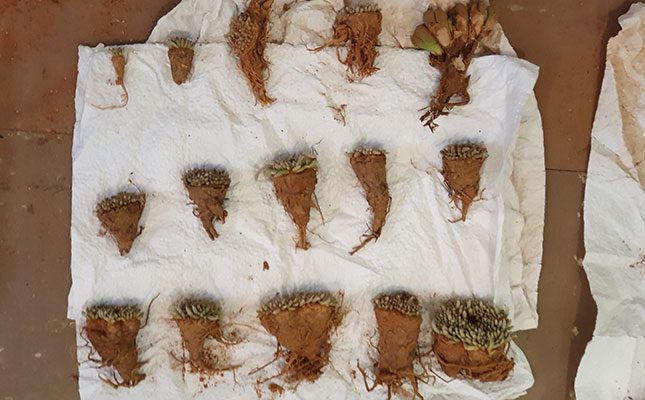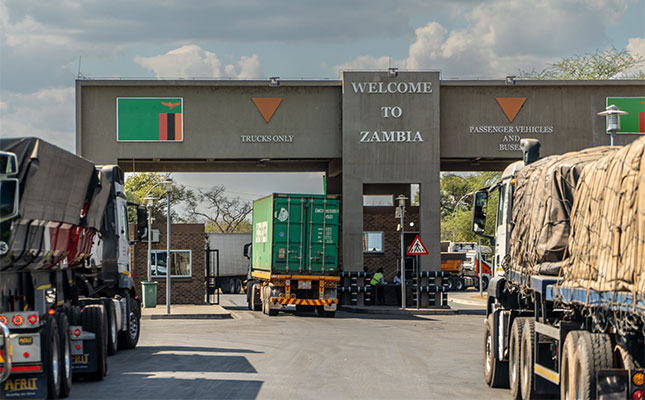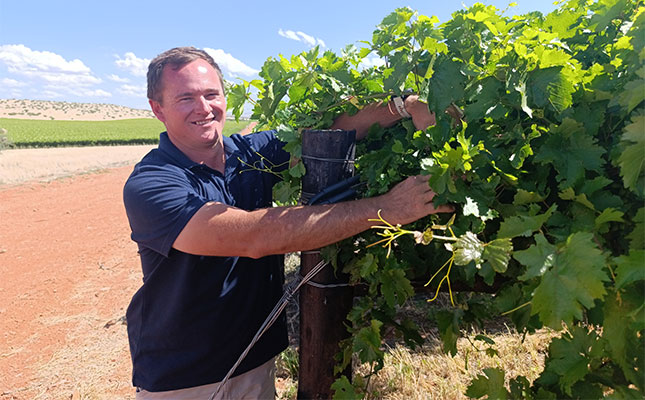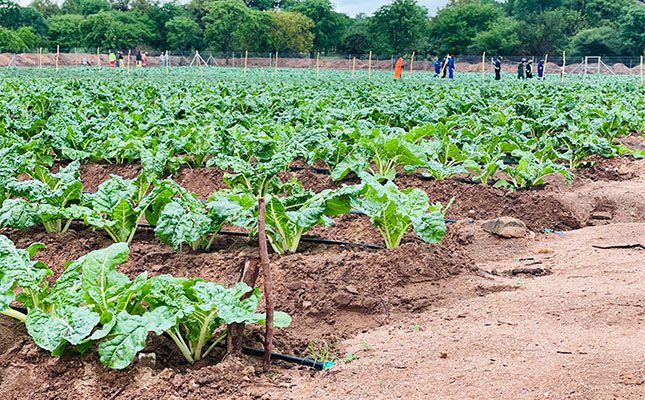
CapeNature registered 12 biodiversity crime cases and issued 23 fines between April and June this year, compared with the 20 investigations in the corresponding period in 2024, which resulted in nine criminal dockets being opened, and 11 admissions of guilt fines being paid.
Of this year’s recorded cases, eight involved flora. According to CapeNature spokesperson, Petro van Rhyn, poaching targeted a wide range of species.
While some plants were destined for alternative health practices, Clivia mirabilis and Dioscorea elephantipes, better known as elephant’s foot, were the main concerns in these cases.
“There is no real domestic market for these plants. Indications are they are being poached for the international market,” Van Rhyn said.
Four cases involved fauna, including a bat-eared fox and two grey duikers, possession of wild animal skins, as well as a breach of professional hunting permit conditions.
During the 2024/2025 financial year running from April to March, CapeNature officials issued 57 fines, and registered 47 criminal case dockets. Thirty-eight of these cases involved illegal picking or possession of fauna.
During the previous financial year, 48 fines were issued, and 80 cases were registered, of which 35 involved the illegal picking and possession of flora.
Van Rhyn was hesitant to give exact information regarding prices of plants or animals seized during operations, because of a direct correlation between publication of the price information and spikes in illegal activities.
She nevertheless roughly estimated the total value of the products seized during April to June this year at about R551 657.
Hotspots
The Western Cape’s abundance of unique and sought-after species, particularly succulents and reptiles, combined with tourism infrastructure and proximity to international ports, make it a prime target for biodiversity crime.
Other provinces, including the Northern and Eastern Cape, face similar problems, with a lot of activity, especially between the Northern and Western Cape.
READ How farmers can combat succulent poaching
“Many succulent species occur across provincial borders, with poached specimens from the Northern Cape often smuggled out via Western Cape ports,” Van Rhyn said.
In September 2023, Farmer’s Weekly reported on how farmers can help combat succulent poaching. According to this article succulent poaching is not a new problem in South Africa, but the scale of the trade became unprecedented following the COVID-19 travel restrictions.
Van Rhyn said that there has since been a shift to other species, due to succulent species becoming increasingly difficult to source in the wild, as well as attention being focussed on illegal activities involving succulent plants.
Organised crime involved
Van Rhyn identified unemployment in rural areas as a major driver of poaching. However, organised crime syndicates are also heavily involved, using the same smuggling routes used for drugs and abalone.
She stressed the importance of education, awareness, and community vigilance in combating biodiversity crime. Citizens are also urged to report suspicious activity to South African Police Services, or CapeNature if the activity occurs in the Western Cape.
The Western Cape minister of local government, environmental affairs and development planning, Anton Bredell, said in a statement that the latest statistics underline the seriousness of biodiversity crime.
“Every action we take to stop the illegal harvesting and trade of species contributes to conserving the Western Cape’s globally significant ecosystems. We are appreciative of the many partnerships we have with other government agencies, conservation partners, industry groups and communities who assist us in these efforts,” the statement read.
Get trusted farming news from Farmers Weekly in Google Top Stories.
➕ Add Farmers Weekly to Google ✔ Takes 10 seconds · ✔ Remove anytime






